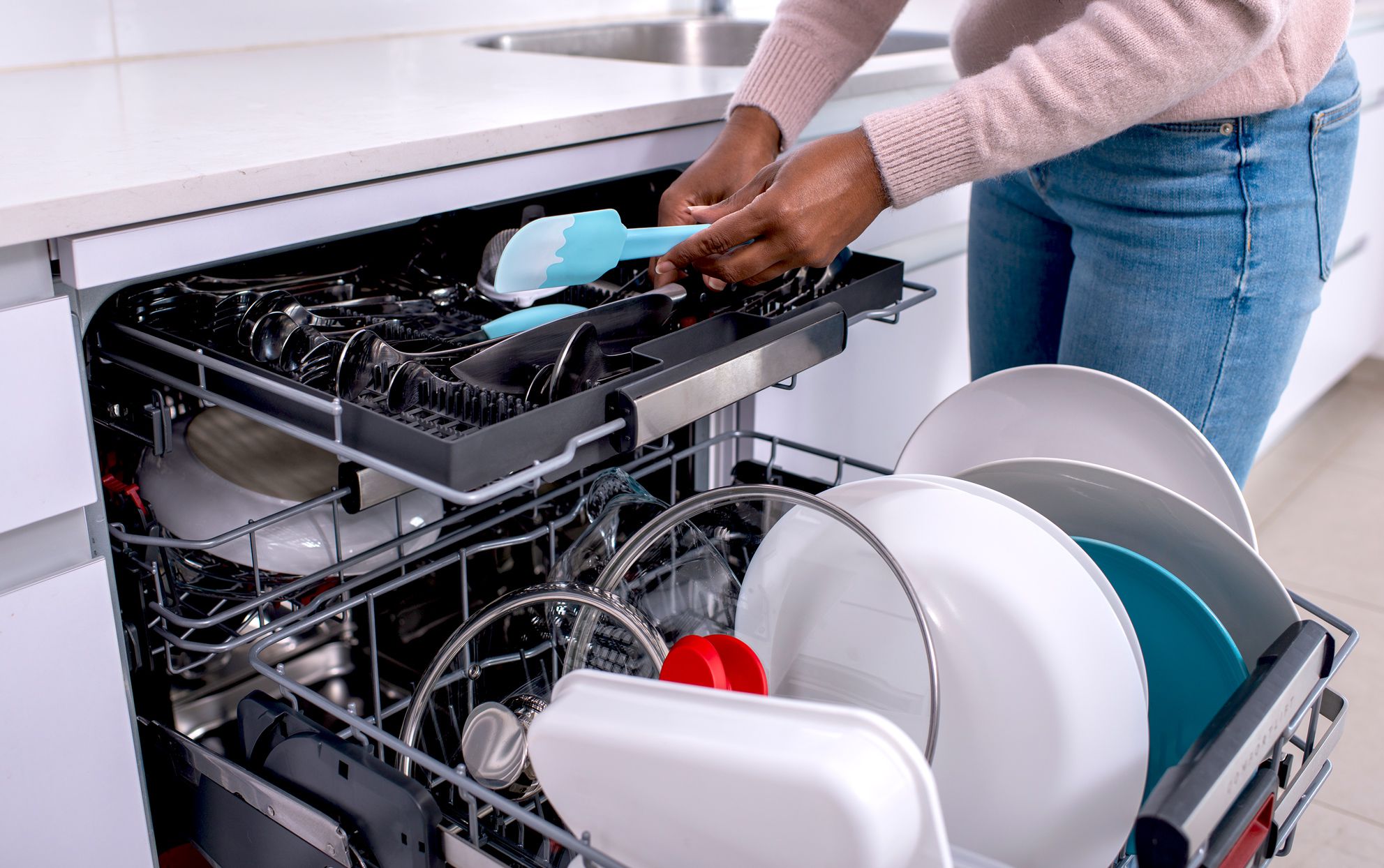

Articles
How Much Power Does A Dishwasher Use
Modified: September 2, 2024
Learn all about the power consumption of dishwashers in this informative article. Find out how much energy your dishwasher uses and make informed decisions for a more efficient kitchen.
(Many of the links in this article redirect to a specific reviewed product. Your purchase of these products through affiliate links helps to generate commission for Storables.com, at no extra cost. Learn more)
Introduction
Welcome to the world of dishwashers, where the convenience of automating one of the most dreaded household chores has revolutionized our daily lives. But have you ever wondered how much power these workhorse appliances consume? Understanding the power consumption of a dishwasher is not only important for managing your energy usage but also for making informed decisions when purchasing a new dishwasher.
While it may seem like a simple question to answer, determining the exact power usage of a dishwasher can be a bit more complex. The power consumption of a dishwasher depends on various factors such as the size of the dishwasher, its energy efficiency rating, the water temperature, and the cycle duration. In this article, we will explore these factors in detail and provide you with valuable insights into understanding and estimating the power usage of your dishwasher.
So, if you are curious to learn how much power your dishwasher consumes and how you can minimize its energy usage, keep reading. We will also compare the energy consumption of dishwashers with the traditional method of handwashing dishes, so you can make an informed choice about which method is more energy-efficient for your daily routine.
Key Takeaways:
- Dishwashers are generally more energy-efficient than handwashing, especially when using energy-saving modes and running full loads. Understanding power consumption and energy labels can guide informed purchasing decisions for sustainable living.
- Factors such as energy efficiency ratings, cycle duration, and water temperature impact dishwasher power consumption. By following energy-saving tips and considering individual circumstances, you can optimize energy usage and make informed choices for a more sustainable lifestyle.
Read more: How Much Power Does Dryer Use
Understanding Dishwasher Power Consumption
Before we dive into the specifics of dishwasher power consumption, let’s first understand the basics of how a dishwasher works. At its core, a dishwasher is a combination of mechanical and electrical components that work together to clean and sanitize your dishes.
When you start a dishwasher cycle, water is heated and sprayed onto your dishes, while detergent is added to help break down grease and grime. The dishwasher then uses a combination of rotating spray arms, water jets, and hot air to thoroughly clean and dry your dishes, plates, and utensils.
The power consumption of a dishwasher is primarily determined by the energy required to heat the water and run the various mechanical components. The heating element, pump motor, and drying fan are the main components that consume electricity during a dishwasher cycle.
One important factor to consider is the size or capacity of the dishwasher. Larger dishwashers typically consume more power as they require more water and have larger heating elements and motors to handle the increased load.
Another critical aspect is the energy efficiency rating of the dishwasher. Dishwashers are labeled with an EnergyGuide label that displays their energy efficiency rating. This rating is based on the amount of energy the dishwasher consumes per year, as well as its water usage. The higher the energy efficiency rating, the lower the power consumption of the dishwasher.
In addition to size and energy efficiency, the temperature of the water used in the dishwasher can also impact power consumption. Dishwashers generally have a heating element that heats the water to a desired temperature, which can vary depending on the selected cycle. Hotter water requires more energy to reach and maintain the desired temperature, resulting in higher power consumption.
Lastly, the duration of a dishwasher cycle can also affect power consumption. Longer cycles with more intensive cleaning and drying options may consume more power compared to shorter, eco-friendly cycles.
By understanding these factors, you can gain a better grasp of how a dishwasher consumes power and make informed decisions when selecting a dishwasher or optimizing its energy usage.
Factors Affecting Dishwasher Power Usage
When it comes to understanding dishwasher power usage, several key factors come into play. These factors can significantly impact the amount of electricity required to run your dishwasher. Let’s take a closer look at each one:
1. Energy Efficiency Rating:
The energy efficiency rating of a dishwasher plays a crucial role in determining its power consumption. Dishwashers with higher energy efficiency ratings are designed to use less energy while still delivering efficient cleaning performance. Look for dishwashers with Energy Star ratings, as they meet rigorous energy efficiency guidelines set by the Environmental Protection Agency (EPA).
2. Size and Capacity:
The size and capacity of the dishwasher directly affect its power usage. Larger dishwashers require more power to operate their heating elements, pumps, and motors. If you have a smaller household or generate fewer dirty dishes, opting for a compact or slimline dishwasher can help reduce electricity consumption.
Read more: How Much Power Does A Dehumidifier Use
3. Water Temperature:
The temperature of the water used in the dishwasher can impact power usage. Higher water temperatures require the dishwasher’s heating element to work harder, resulting in increased power consumption. Selecting lower temperature settings or using the dishwasher’s eco-friendly mode can help reduce energy usage.
4. Cycle Duration and Options:
The duration of the dishwasher cycle and the specific options you choose can affect power consumption. Longer cycles that incorporate intensive cleaning and drying options can consume more energy. Opting for shorter cycles or eco-friendly modes can be a more energy-efficient choice.
5. Water Pressure and Flow:
The water pressure and flow entering your dishwasher can also affect the overall power usage. A dishwasher with low water pressure may take longer to complete a cycle, resulting in increased electricity consumption. Ensure that your dishwasher receives adequate water flow and pressure for optimal performance and energy efficiency.
6. Frequency of Use:
The frequency at which you use your dishwasher also impacts its power usage. Using the dishwasher less frequently or waiting until it’s fully loaded before running a cycle can help conserve energy. Avoid running partial loads and make the most of each cycle to optimize efficiency.
By taking these factors into account, you can better understand the elements influencing the power usage of your dishwasher. This knowledge can guide your decision-making process and help you choose a dishwasher model and settings that align with your energy-saving goals.
Read more: How Much Power Does A Kegerator Use
Energy Usage Labels and Ratings
Energy usage labels and ratings are essential tools that help consumers make informed decisions about the energy efficiency of appliances, including dishwashers. These labels provide valuable information about the expected energy consumption of a dishwasher and help compare different models. Here’s what you need to know about energy usage labels and ratings:
EnergyGuide Labels:
The EnergyGuide label is a yellow and black label displayed on most appliances, including dishwashers. It provides important details about the energy consumption of the appliance, allowing consumers to compare different models based on their energy efficiency. The label includes information such as the estimated yearly energy consumption, the estimated yearly operating cost, and the appliance’s energy efficiency rating.
Energy Efficiency Rating:
The energy efficiency rating is a key component of the EnergyGuide label. It is represented by a scale that ranges from A+++ (most energy-efficient) to D (least energy-efficient). The rating is based on standardized tests and calculations that determine the energy consumption of the appliance. When choosing a dishwasher, look for models with higher energy efficiency ratings, as they consume less power and help reduce your energy bills.
Energy Star Certification:
In addition to energy efficiency ratings, you may also come across the Energy Star certification. Energy Star is a program administered by the U.S. Environmental Protection Agency (EPA) that identifies appliances and products that meet strict energy efficiency guidelines. Dishwashers with the Energy Star certification are designed to consume less energy without compromising performance. They offer significant energy savings and often come with advanced features for water efficiency as well.
Read more: How Much Energy Does a Dishwasher Use
Usage Insights and Tips:
Energy usage labels not only provide information about the energy consumption of a dishwasher but also offer usage insights and tips. These can help you optimize the energy efficiency of your dishwasher. Look for tips such as running the dishwasher with a full load, using lower temperature settings, or using energy-saving modes to minimize power consumption.
When shopping for a new dishwasher, pay close attention to the energy usage labels and ratings. Compare different models to find the one that best fits your energy-saving goals and budget. Consider factors like the energy efficiency rating, estimated yearly energy consumption, and operating costs to make an informed decision.
By choosing an energy-efficient dishwasher, you can not only reduce your carbon footprint but also save money on your energy bills in the long run. It’s a win-win situation for both your wallet and the environment.
Estimating Dishwasher Power Consumption
Estimating the power consumption of a dishwasher can help you manage your energy usage and plan accordingly. While the exact power consumption may vary based on factors like the dishwasher model, cycle duration, and water temperature, you can use the following guidelines to get a rough estimate:
1. Energy Efficiency Rating:
Start by considering the energy efficiency rating of your dishwasher. A higher energy efficiency rating indicates lower power consumption. Check the manufacturer’s specifications or the EnergyGuide label to find the energy efficiency rating of your dishwasher. This will give you an idea of its general power efficiency compared to other models on the market.
2. Cycle Duration:
The duration of the dishwasher cycle plays a significant role in power consumption. Longer cycles, especially those with intensive cleaning and drying options, may consume more energy. Check the owner’s manual or look for information on the manufacturer’s website to find the average cycle duration for your dishwasher model.
Read more: How Much Power Does A Dehumidifier Use
3. Water Temperature:
Consider the water temperature used in your dishwasher. Dishwashers with options for higher temperature settings require more energy to heat the water. If you tend to use hotter water settings, be aware that this can contribute to higher power consumption. Opting for lower temperature settings or using eco-friendly modes can help reduce energy usage.
4. Energy Consumption per Cycle:
Many dishwashers provide information about energy consumption per cycle in their specifications. This can give you a better idea of how much power the dishwasher uses in a single cycle. Keep in mind that this estimate may vary depending on the specific cycle and options selected.
5. Energy Usage Monitoring Devices:
If you want a more accurate estimate of your dishwasher’s power consumption, you can consider using energy usage monitoring devices. These devices plug into your electrical outlet and measure the energy consumption of your dishwasher. Keep in mind that these devices provide real-time data and may require multiple cycles to provide a more accurate average consumption estimation.
By considering these factors and using available information, you can estimate the power consumption of your dishwasher. While the estimate may not be precise, it can help you understand the general energy usage of your dishwasher and make more informed decisions regarding your energy consumption habits.
Remember, energy efficiency is not just about the dishwasher itself; it’s also about how you use it. Optimize your dishwasher usage by running full loads, avoiding excessive pre-rinsing, and using energy-saving features to maximize energy efficiency and reduce power consumption.
Tips for Reducing Dishwasher Energy Consumption
If you’re looking to reduce the energy consumption of your dishwasher, there are several simple yet effective tips you can follow. By making a few adjustments to your dishwasher usage habits, you can significantly reduce your energy usage. Here are some tips to get you started:
Read more: How Much Power Does A Slow Cooker Use
1. Run Full Loads:
Maximize the efficiency of your dishwasher by running full loads whenever possible. Avoid running the dishwasher for just a few dishes or utensils. By waiting until you have a full load, you can minimize the number of cycles and conserve energy.
2. Scrape, Don’t Pre-Rinse:
Modern dishwashers are designed to handle food particles and residues. Instead of pre-rinsing your dishes under running water, simply scrape off any excess food before placing them in the dishwasher. This can save both water and energy by reducing the time and energy required for pre-rinsing.
3. Opt for Energy-Saving Modes:
Most dishwashers have energy-saving modes or eco-friendly options that can help reduce power consumption. These modes typically use lower water temperatures and shorter cycle durations, saving both energy and water. Check your dishwasher’s settings to see if it offers these energy-saving features and make use of them whenever possible.
4. Select Lower Temperature Settings:
Consider using lower temperature settings for your dishwasher. Heating water can be one of the most energy-intensive processes in a dishwasher. Unless absolutely necessary, opt for lower temperature settings. It’s worth noting that modern dishwashers can effectively clean and sanitize dishes even at lower temperatures.
Read more: How Much Does A Dishwasher Cost
5. Air Dry Instead of Using Heat:
If your dishwasher has an option for air drying, choose it over the heat drying setting. Air drying uses less energy and allows your dishes to naturally dry using circulated air. If you prefer to use heat drying, consider opening the dishwasher door slightly after the cycle ends to let the dishes air dry for a few minutes before fully removing them.
6. Clean the Dishwasher Regularly:
A well-maintained dishwasher operates more efficiently, reducing energy consumption. Regularly clean the filters, spray arms, and other components of your dishwasher to ensure optimal performance. This will also help prevent any clogs or blockages that can impact the dishwasher’s efficiency and energy usage.
7. Consider Energy-Efficient Models:
If you’re in the market for a new dishwasher, consider purchasing an energy-efficient model. Look for dishwashers with high energy efficiency ratings and Energy Star certifications. These models are designed to consume less energy and water while delivering excellent cleaning performance.
By following these energy-saving tips, you can reduce the power consumption of your dishwasher and contribute to a more sustainable and eco-friendly lifestyle. Remember, small changes in your habits can add up to significant energy savings over time and help reduce your environmental impact.
Comparing Dishwasher Power Usage to Handwashing
When it comes to washing dishes, a common debate arises between using a dishwasher and handwashing. Many people wonder which method is more energy-efficient. Let’s compare the power usage of dishwashers and handwashing to shed some light on this topic:
Read more: How Much Electricity Does A Power Strip Use
Dishwasher Power Usage:
Dishwashers are designed to clean and sanitize dishes efficiently while minimizing water and energy usage. While the exact power consumption varies depending on factors like dishwasher model, cycle duration, and energy efficiency rating, dishwashers generally use less water and energy compared to handwashing.
Modern dishwashers are equipped with multiple features and settings that optimize energy efficiency. Energy-saving modes, lower temperature options, and efficient water circulation systems make dishwashers more energy-efficient than ever before.
Handwashing Power Usage:
Handwashing dishes typically requires running water continuously and using heated water to ensure proper sanitation. While handwashing may seem more energy-efficient because it doesn’t involve electrical components, the amount of water and energy used can be significant.
If you let the water run continuously while handwashing, you’re using a substantial amount of water. Studies have shown that using a dishwasher can save up to 5,000 gallons of water per year compared to handwashing.
Additionally, heating water manually for handwashing can be energy-intensive. The energy required to heat the water, as well as the energy used to continually keep it at a high temperature, contribute to the overall power consumption of handwashing.
Which Method is More Energy-Efficient?
In most cases, using a dishwasher is more energy-efficient than handwashing, especially when you follow energy-saving practices. Dishwashers are designed to use water and energy more efficiently, thanks to their advanced design and innovative features.
However, it’s important to note that individual circumstances can influence the energy efficiency of both methods. For example, if you’re only washing a small number of dishes, handwashing can be more energy-efficient. But as the number of dishes increases, using a dishwasher becomes the more energy-saving option.
Using a dishwasher is also more time-efficient, allowing you to complete other tasks while the dishwasher does the job. This means you can save not only energy but also your valuable time.
Considerations for Energy-Efficient Dishwashing:
To ensure optimal energy efficiency when using a dishwasher, follow these tips:
- Run the dishwasher with full loads whenever possible.
- Scrape off excess food instead of pre-rinsing dishes.
- Use energy-saving modes and lower temperature settings when suitable.
- Clean and maintain the dishwasher regularly for optimal performance.
Ultimately, the decision between dishwasher and handwashing depends on your specific circumstances and preferences. While dishwashers are generally more energy-efficient, handwashing can be a viable option for eco-conscious individuals when used sparingly and efficiently.
By considering the factors outlined above and adopting energy-saving practices, you can make an informed choice that aligns with your energy efficiency goals.
Read more: How Many Kwh Does A Refrigerator Use
Conclusion
Dishwashers have become an integral part of our modern lives, providing convenience and efficiency in tackling the daily chore of washing dishes. Understanding the power consumption of dishwashers is crucial for managing energy usage, making informed purchasing decisions, and promoting sustainability. Throughout this article, we have explored various aspects of dishwasher power consumption, factors that affect it, energy usage labels and ratings, tips for reducing energy consumption, and a comparison between dishwasher usage and handwashing.
It is clear that dishwashers, with their energy-saving features, optimized water usage, and advanced technologies, are generally more energy-efficient than handwashing. By running full loads, using energy-saving modes, and selecting lower temperature settings, you can further reduce dishwasher power consumption while maintaining excellent cleaning performance.
When purchasing a dishwasher, consider its energy efficiency rating, Energy Star certification, and size to ensure optimal power usage. Energy usage labels provide valuable insights into a dishwasher’s energy consumption, allowing for accurate comparisons between models and informed decision-making.
While dishwashers are more energy-efficient, it’s essential to strike a balance and use them responsibly. Running the dishwasher with full loads, avoiding excessive pre-rinsing, and regular maintenance are key factors in optimizing energy efficiency. Additionally, incorporating eco-friendly habits like air drying dishes instead of using heat contributes to overall energy savings.
In the comparison between dishwasher power usage and handwashing, dishwashers have proven to be the more energy-efficient option, especially when used mindfully. However, for smaller loads or specific circumstances, handwashing can be a viable alternative if done efficiently with minimal water usage and reduced reliance on heated water.
In conclusion, understanding and managing dishwasher power consumption is important for minimizing our environmental impact and reducing energy costs. By following energy-saving tips, making wise purchasing decisions, and considering the specific needs of each situation, we can harness the power of dishwashers while promoting sustainability in our daily lives.
Curious about how other appliances stack up in terms of energy consumption? If you're pondering whether to cool off with an air conditioner or a fan during those hot summer months, consider diving into our discussion on electricity usage for these devices. You'll gain insights on which option might be more economical and energy-efficient for your home. Don't miss out on making savvy decisions to optimize your household's energy use!
Frequently Asked Questions about How Much Power Does A Dishwasher Use
Was this page helpful?
At Storables.com, we guarantee accurate and reliable information. Our content, validated by Expert Board Contributors, is crafted following stringent Editorial Policies. We're committed to providing you with well-researched, expert-backed insights for all your informational needs.
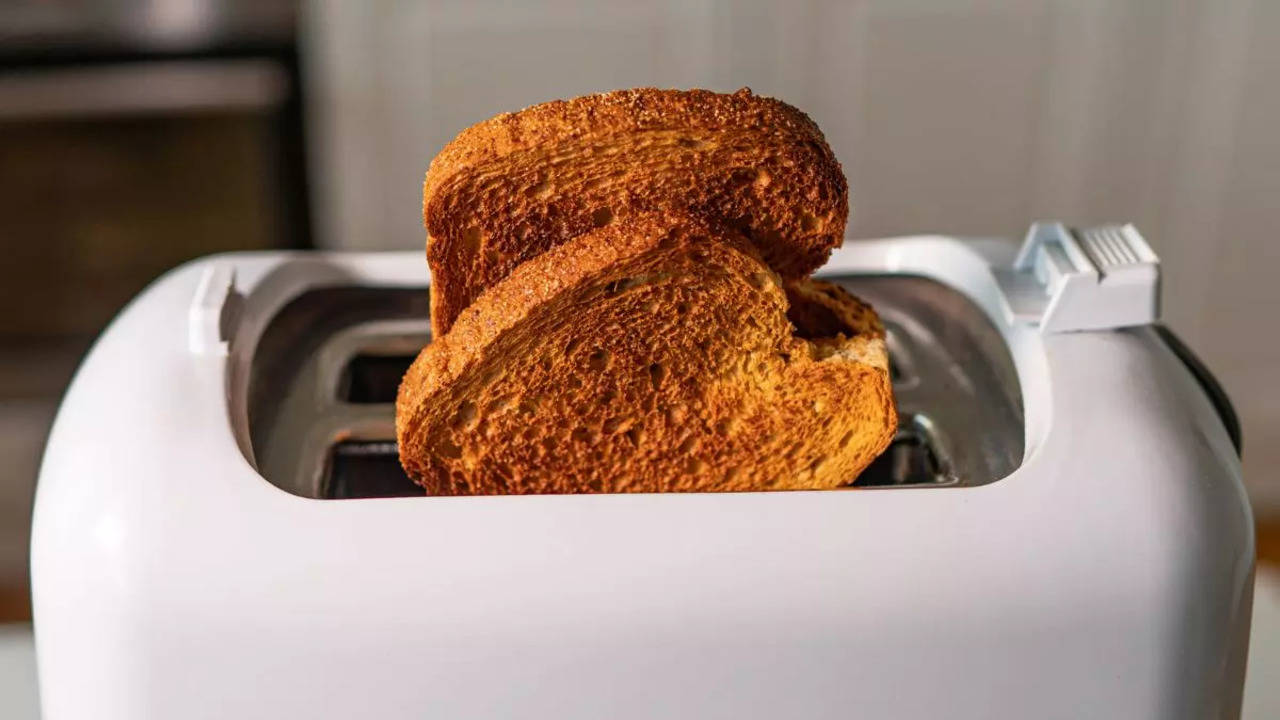
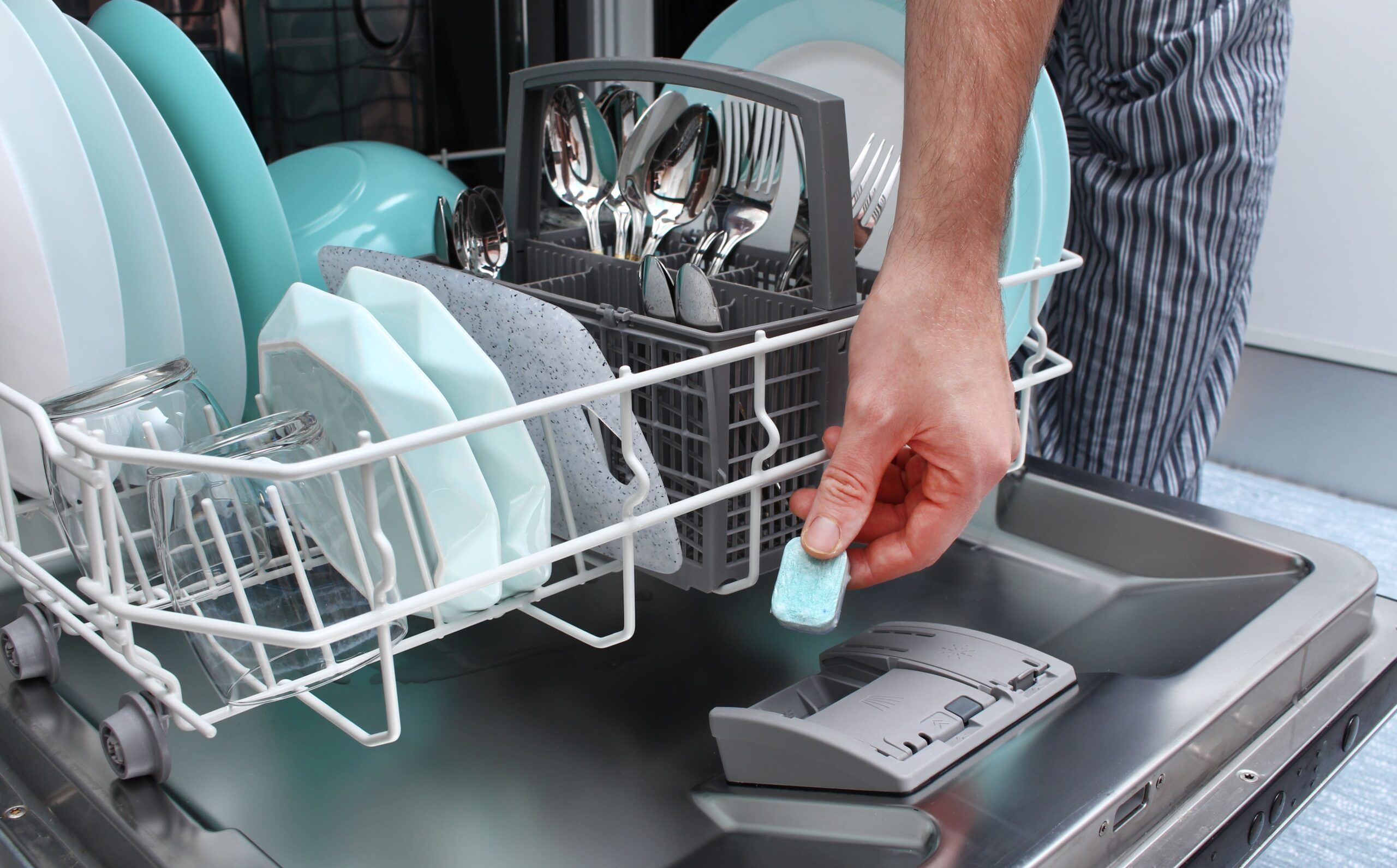

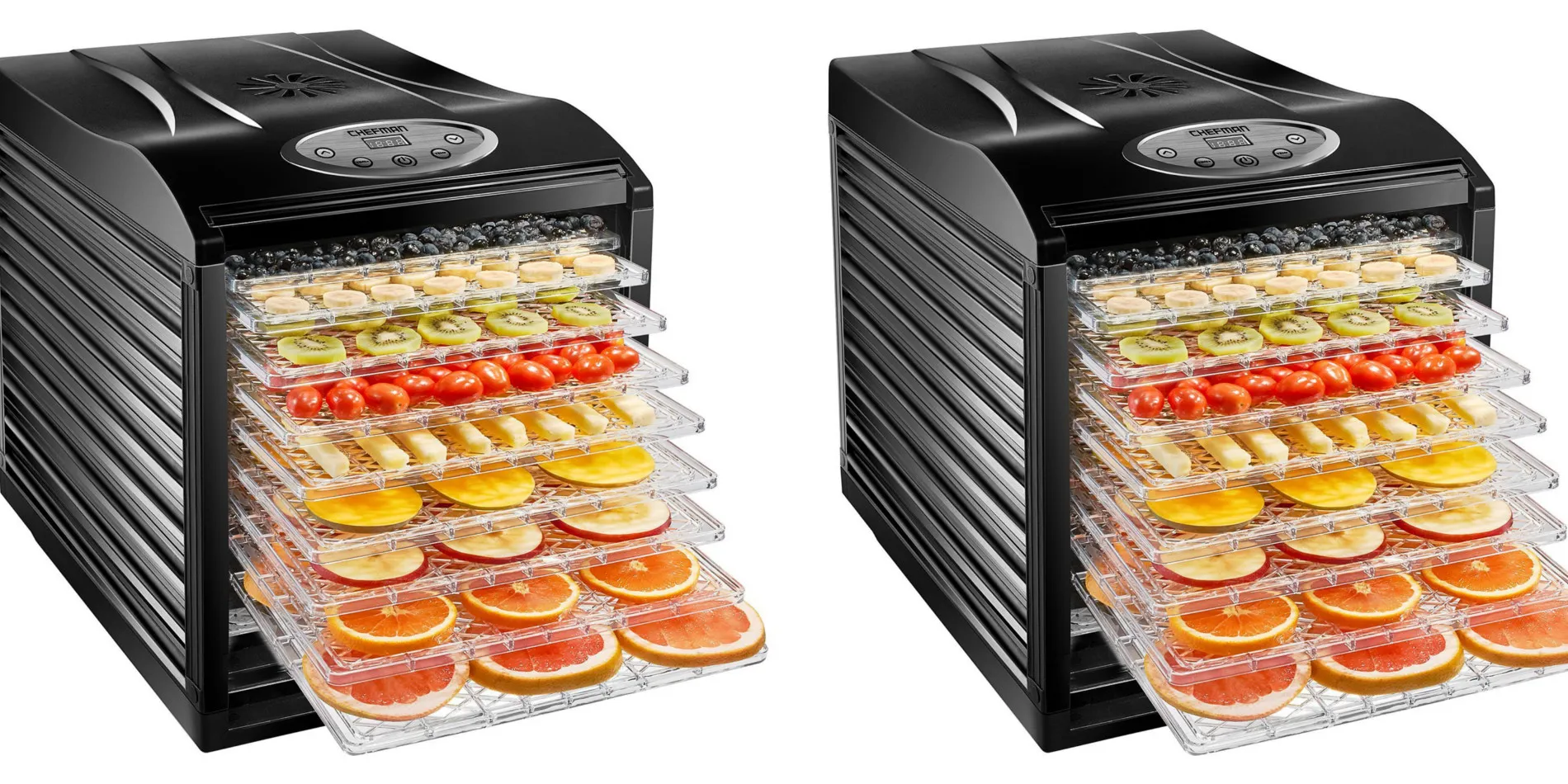
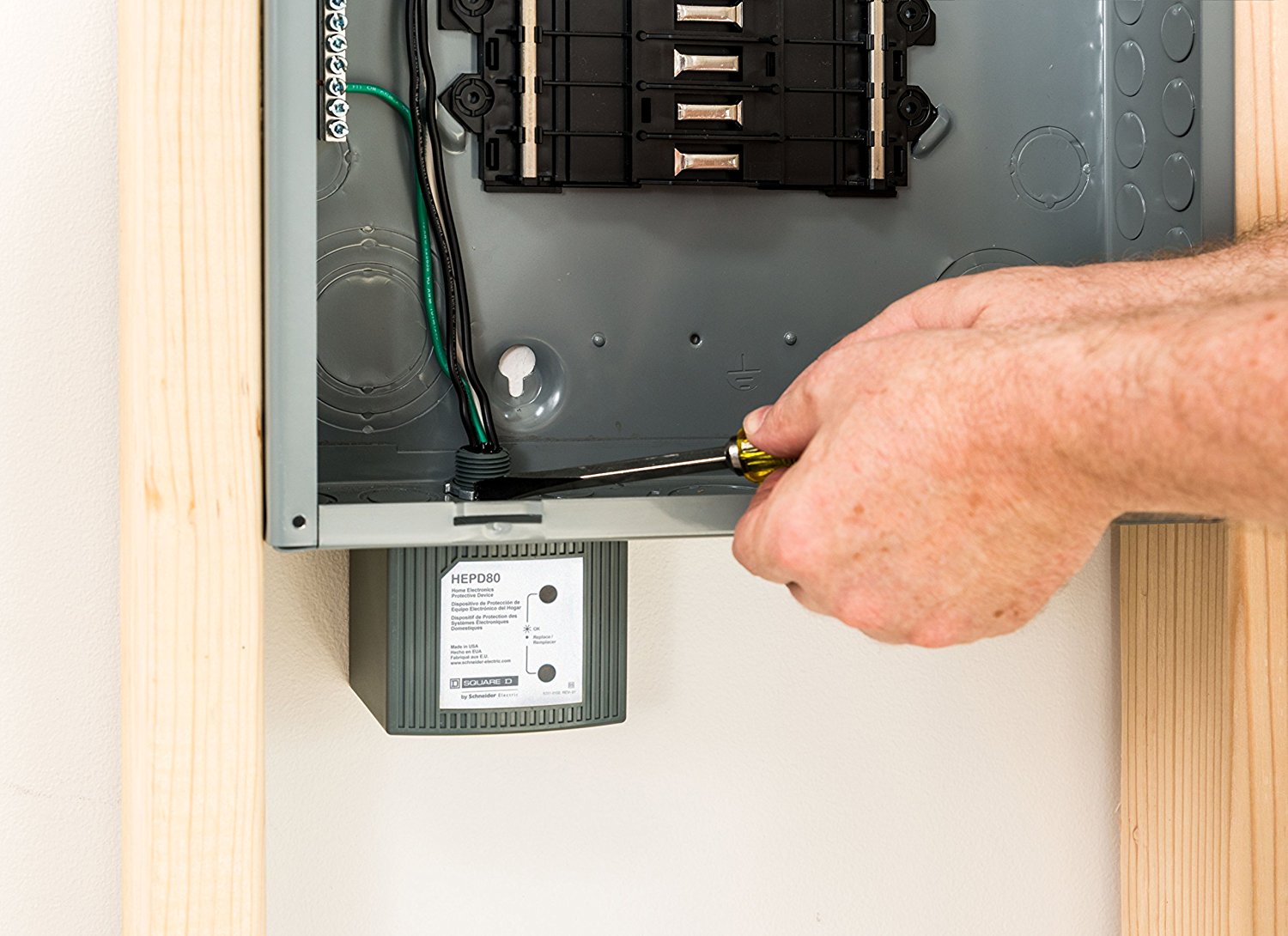
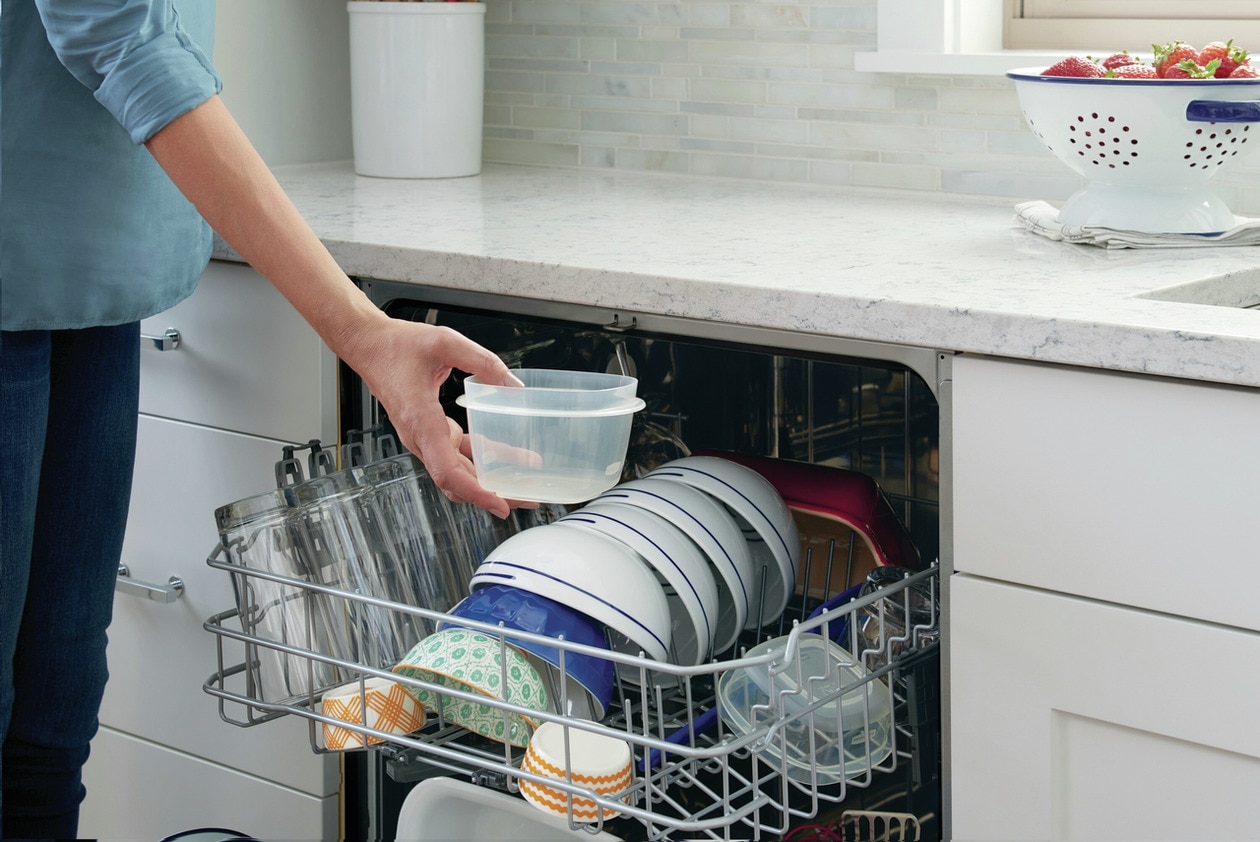
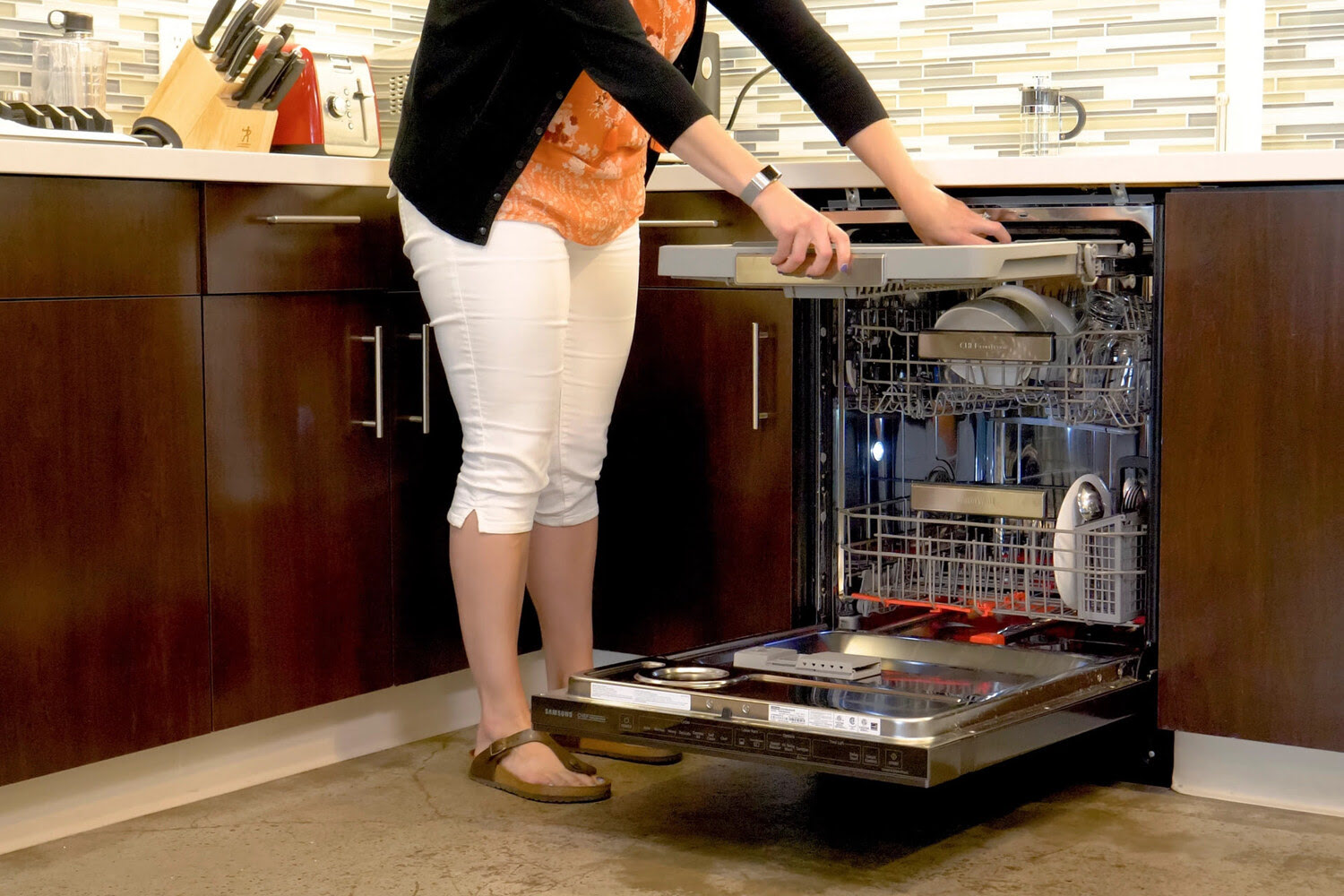

0 thoughts on “How Much Power Does A Dishwasher Use”